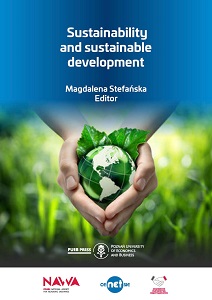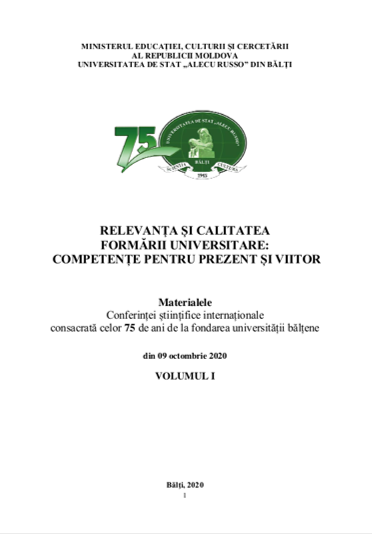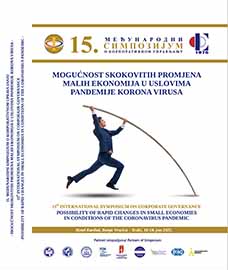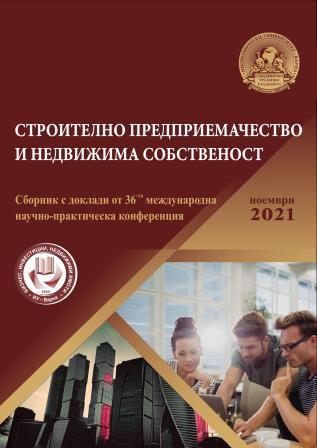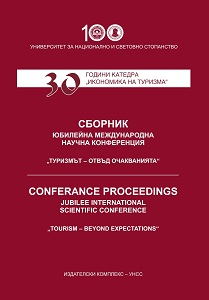Author(s): Krisztián Kis / Language(s): English
Publication Year: 0
It can be stated that quality is a multifaceted concept, and it makes the difference between any perceivable or conceivable entities visible. The meaning of quality has greatly changed over the years, its content has expanded and quality has become the most important single factor for success. Therefore, it is no exaggeration to say that “quality means business”. However, quality, as it will be seen, means much more than that. Corporate Social Responsibility and the service of Sustainable Development Goals have become part of organisational quality. Nonetheless, without innovation, there is no quality or competitiveness, thus, there is no business either. This is the 21st century, which, according to Joseph M. Juran, will be the century of quality. It is important to note that companies are not just economic units or merely market participants, but also social factors and entities influencing the environment. For this reason, compliance with social norms and ethical expectations is also an important aspect of their operation. To meet the expected and latent needs of customers and users, and also the requirements of society as well as the natural environment in a way that all stakeholders are equally satisfied is a fundamental issue for companies,today and even more so in the future. The main purpose of this chapter is to discuss how quality should be understood, and what the relationships between the issues involved are. In the chapter, it is argued that quality, Corporate Social Responsibility, innovation, competitiveness and sustainable development are interrelated concepts. Therefore, it is the further purpose of this chapter to discuss how social responsibility and innovation affect quality, and how quality contributes to competitiveness and sustainable development. In this chapter, quality issues are dealt with from different aspects. In the first part, the concept of quality is presented, which deals with the evolving notion of quality and the future of quality inlight of social responsibility. In the second part, complexity issues and emergences are introduced,while quality is discussed as an emergent property, and the role played by social responsibility and environmental concerns in competitiveness and sustainable development are explained, and furthermore, innovation from quality and responsibility perspectives are examined.
More...
